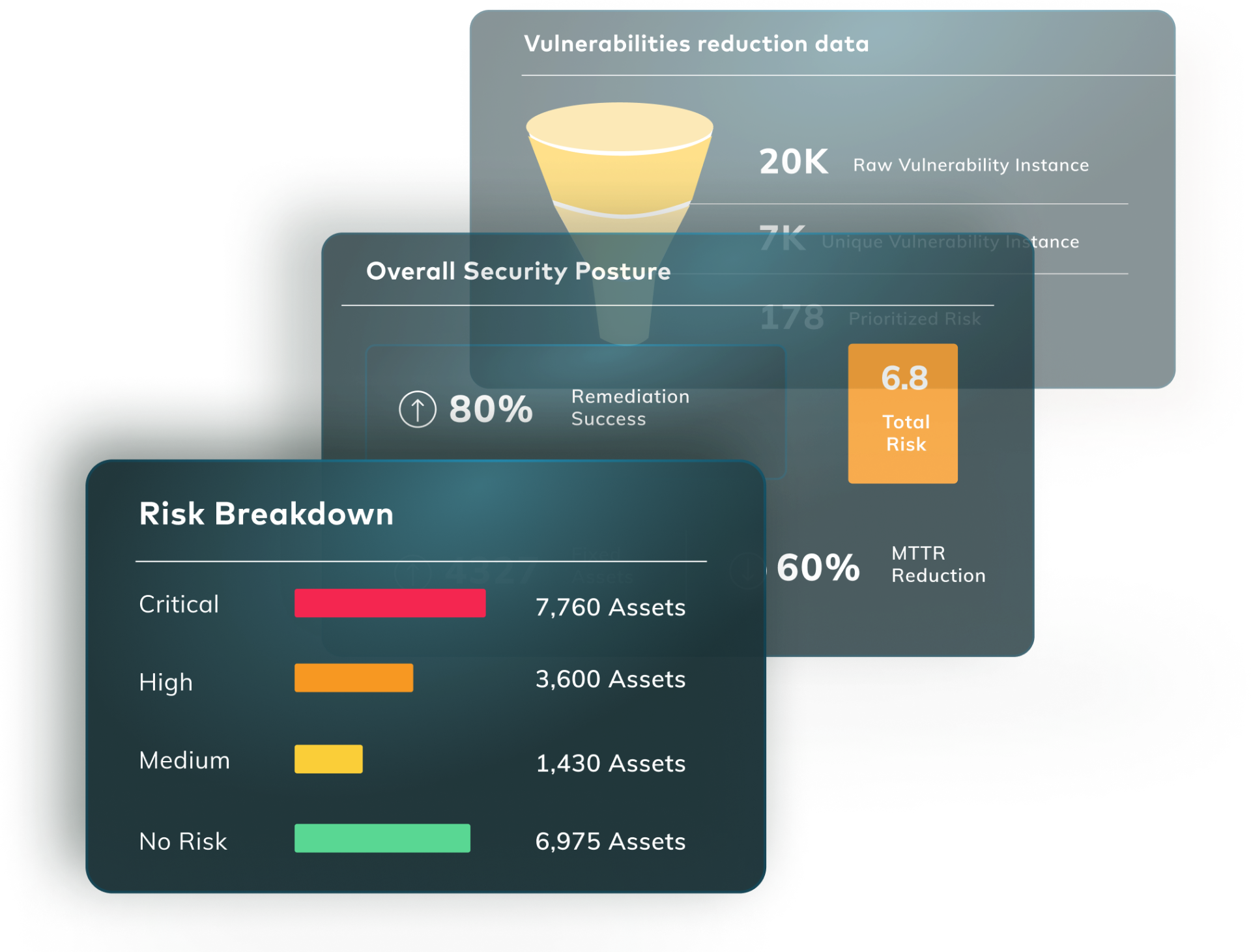While digitization helps organizations grow their networks, it also exposes them to more cyber threats. Companies of all sizes search for ways to strengthen their networks, reduce risks, and prevent operational interruptions as the frequency of cyber attacks rises in pace with increasing connectivity.
Your network infrastructure’s health requires understanding the similarities and differences between network monitoring and network security monitoring so that your IT team can support the well-being of your network and security operations. Read below to get started on these topics.
What Is Network Monitoring?
Network monitoring involves tracking a network’s health, status, and reliability. Diagnostic network monitoring tools track network activity to detect issues caused by malfunctioning or overloaded resources. These resources include servers, devices, and network connections.
This process measures three critical elements:
- Uptime
- Performance
- Configuration.
Your organization can gain valuable insight into the health of its network by analyzing the collected data with network monitoring tools. The best network monitoring tools have a visualization or dashboard feature providing a comprehensive overview of all monitored network components, giving you the following benefits:
- It prevents network outages by allowing network administrators to avoid possible issues.
- It enables scalability and agility with network monitoring tools that allow your organization to manage its growing networks even as business needs change.
- It boosts organizational productivity and efficiency by offering visibility into business operations.
What Is Network Security Monitoring?
While network monitoring evaluates the overall health of your systems to optimize performance, network security monitoring protects your organization from external vulnerabilities and unauthorized access.
Robust network security monitoring tools analyze complex metrics from your network operations to detect intrusions and cyber attacks. These solutions also generate timely alerts and reports to help your security team quickly remediate any potential vulnerability.
Successful data breaches can happen in minutes, yet the average time to detect a network compromise is 277 days. Organizations using network security monitoring tools with real-time monitoring can reduce the time it takes to detect threats and enjoy the following benefits:
- Simplified security testing with the detection of abnormal patterns and network activities
- Prevention of unwanted operational disruptions with external threat identification
- Strengthened security strategies with the implementation of network security monitoring solutions for industry standards compliance
Protect Your Organization with Vulcan
Both network monitoring and network security monitoring play a critical role in protecting your organization from threats and ensuring business continuity. However, in today’s fast-paced business landscape, monitoring tools can only be effective if they provide continuous and ubiquitous analysis in real-time.
Your business deserves a platform that reduces risk while promoting infrastructure health. Look to Vulcan Cyber for your business’s network security needs. Vulcan considers your business’s unique risk profile and drives remediation outcomes so that you don’t just stop at finding vulnerabilities—you fix them. Contact us today to learn more, or sign up for a 30-day trial to see Vulcan in action.









